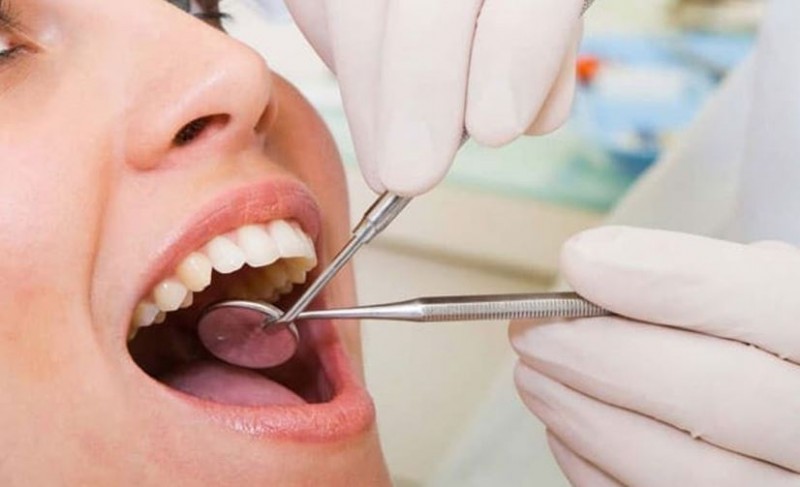
Proper oral hygiene is crucial for maintaining overall health, as neglecting it can lead to significant dental issues. One common mistake people make is brushing their teeth at the wrong times, which can cause damage to the tooth enamel. Here, we will explore when not to brush your teeth and why it is important to follow these guidelines, as explained by Dr. Shadi Manocheri.
When You Should Avoid Brushing Your Teeth
After Vomiting:
Why to Avoid: Vomit contains stomach acids that coat the mouth and teeth, making the environment highly acidic.
Risks: Brushing immediately after vomiting can rub these acids into the teeth, eroding the enamel and leading to long-term dental damage.
Recommended Action: Instead of brushing, rinse your mouth thoroughly with water or a mouthwash to neutralize the acidity. Wait at least 30 minutes before brushing your teeth.
After Drinking Coffee:
Why to Avoid: Coffee, especially with milk and sugar, is acidic and can soften tooth enamel.
Risks: Brushing right after drinking coffee can lead to enamel erosion, making teeth more vulnerable to decay and sensitivity.
Recommended Action: Wait for at least 30 minutes after drinking coffee before brushing. During this time, saliva will help neutralize the acids and restore a balanced pH in your mouth.
After Eating Breakfast:
Why to Avoid: Overnight, bacteria accumulate in the mouth. Eating breakfast without brushing first can allow these bacteria to enter the digestive system.
Risks: Brushing immediately after breakfast can damage the enamel, especially if the meal included acidic foods or beverages.
Recommended Action: Brush your teeth before breakfast to remove the accumulated bacteria. If you need to brush after eating, wait at least 30 minutes to allow your saliva to neutralize any acids from the food.
The Science Behind These Recommendations
Enamel Erosion:
Tooth enamel is the hard outer layer that protects your teeth from decay. Acids from food, drinks, and bodily processes like vomiting can soften this enamel. Brushing while the enamel is softened can wear it away over time, leading to increased sensitivity and a higher risk of cavities.
Saliva’s Role:
Saliva naturally helps neutralize acids in the mouth and begins the process of re-hardening softened enamel. By waiting to brush, you give saliva time to perform its protective functions.
General Tips for Optimal Oral Hygiene
Brush Twice Daily: Brush your teeth at least twice a day, ideally in the morning before breakfast and in the evening before bed.
Use Fluoride Toothpaste: Fluoride helps strengthen tooth enamel and prevent decay.
Floss Daily: Flossing removes plaque and food particles from between teeth, where a toothbrush can’t reach.
Rinse with Mouthwash: An antiseptic mouthwash can help kill bacteria and freshen breath.
Regular Dental Check-Ups: Visit your dentist regularly for professional cleanings and check-ups to maintain oral health.
Understanding when not to brush your teeth is as important as knowing when to brush. By avoiding brushing immediately after vomiting, drinking coffee, or eating breakfast, you can protect your tooth enamel from unnecessary damage. Follow these guidelines and consult with your dentist for personalized advice to maintain a healthy, bright smile.
What's Gond Katira and Ways to Use It in Summers - Health Benefits of Gond Katira
What Causes Headaches And Migraine? Try These Effective Yoga Asanas
Eating soaked raisins on an empty stomach gives these benefits